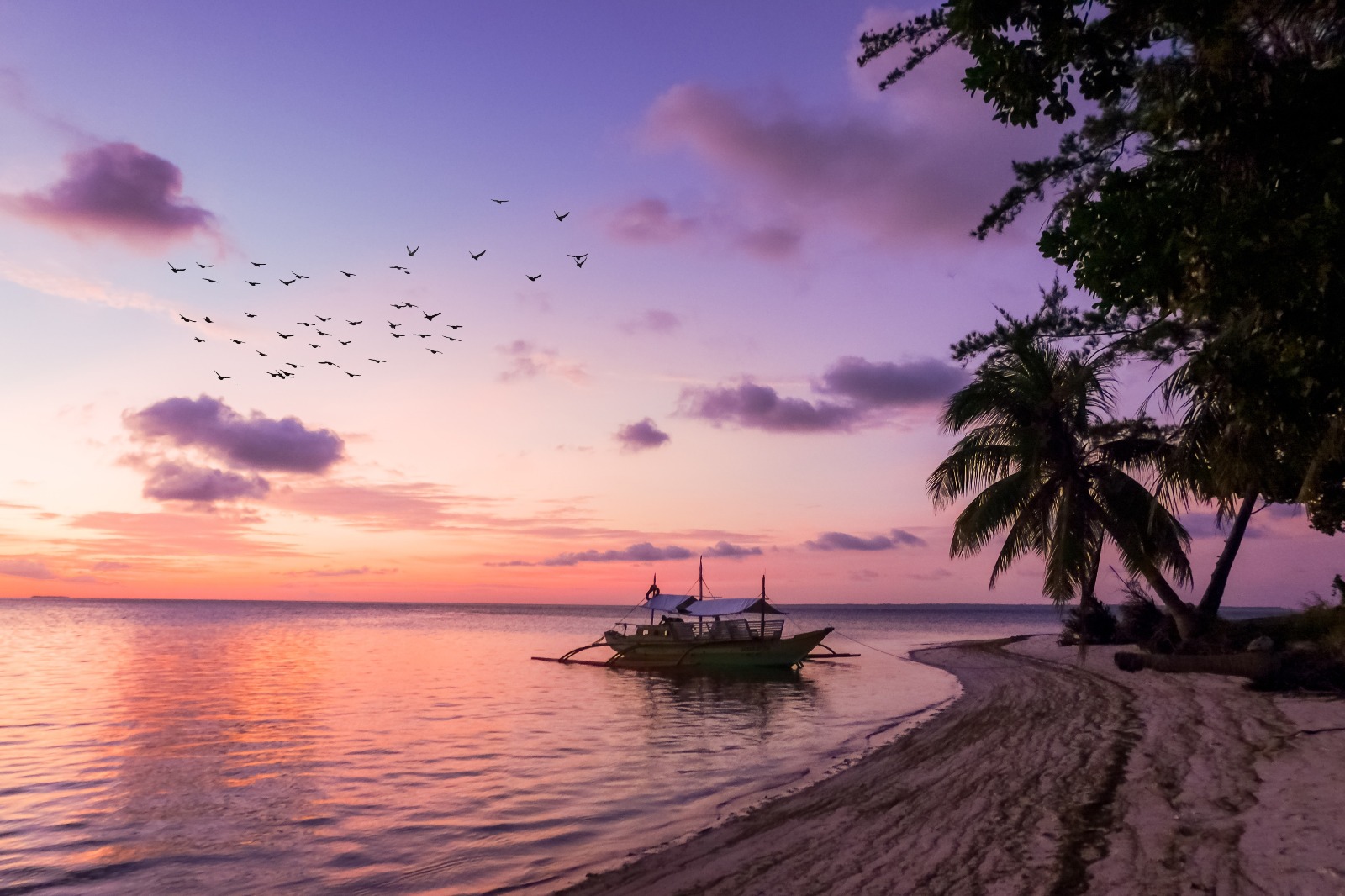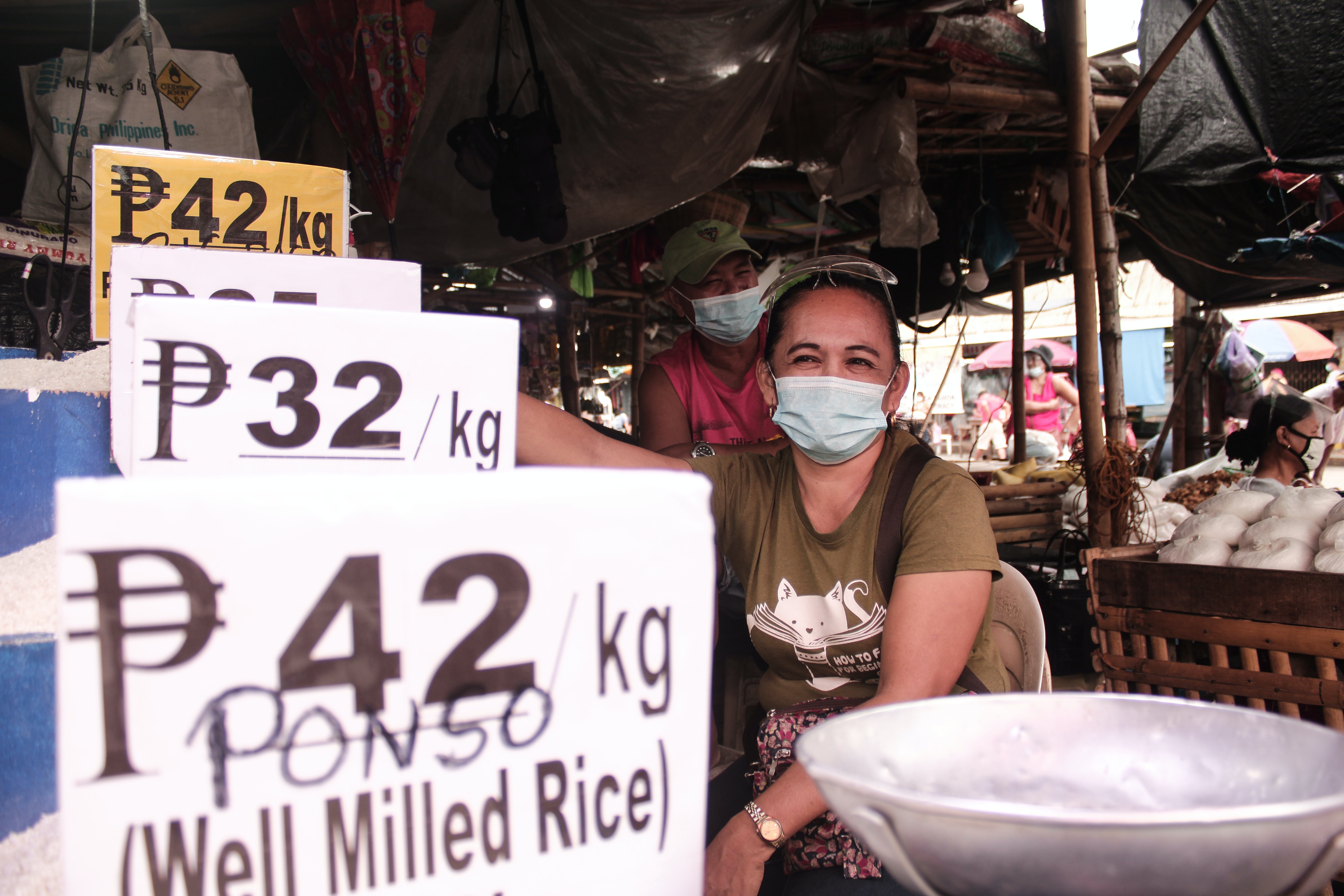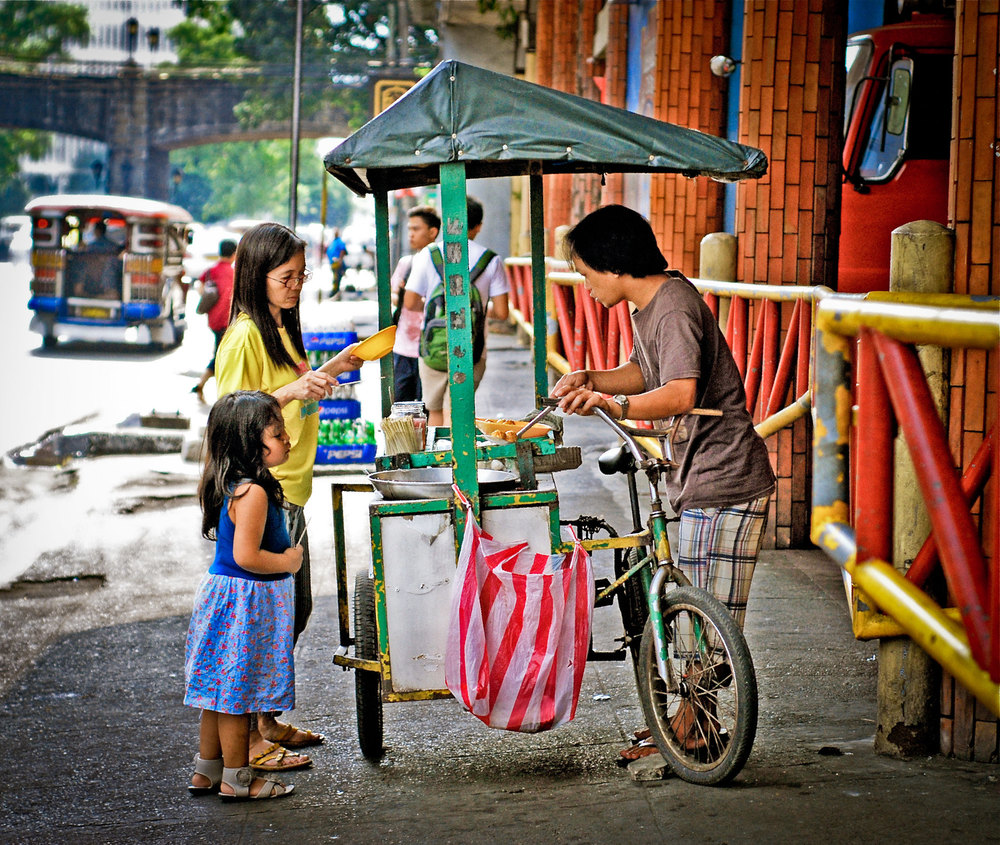Have a question?


Is the Philippines safe for travel? Yes — although locals tell us that travelers should be aware of some safety issues.
Browse through this guide on staying safe in the Philippines! By following a few common-sense safety rules, travelers will find that this dynamic cluster of islands is full of incredible adventures.

We’re going to be as honest as possible here, so hold on to your proverbial hats. Simply put, the Philippines is going through a volatile time, politically and culturally.
Since 2016, President Duerte has been waging a violent, heavy-handed, and often illegal war on crime and drugs (and, in many cases, anyone who disagrees with him). His use of roving death squads, coupled with an ongoing insurgency in certain parts of the country, have resulted in kidnappings and terrorist activities. These areas are not safe to visit — but luckily, they are far away from popular tourist destinations.
Because of an increase in crime and civil unrest, travel advisories have been issued and visiting certain areas is considered dangerous and should be avoided. A “Do Not Travel” advisory is in effect for the Sulu Archipelago, including the southern Sulu Sea, and Marawi City in Mindanao — the State Department urges travelers to "reconsider" visiting other parts of Mindanao as well.
Does that sound bad? Yes. But ongoing political unrest will likely NOT affect your future trip.
The good news is that the Philippines is huge, and the violence is taking place literally thousands of miles away from anywhere a traveler would find themselves. Simply put: unless you’re trying to get into trouble, your trip will not be affected at all. The government has active police and military presence in popular tourist areas and keeping visitors safe is a priority.

Locals tell us you’ll have to exercise caution in Manila just like you would any other major city. Foreigners can be targets of petty criminals and car-jackers, but if you take standard safety precautions, you’ll be perfectly fine.
Taxis are generally safe in big cities, but taxi drivers are infamous for swindling money from tourists — claiming that the meter is broken, asking for a fixed price, or asking you to add some money to the final price. Make sure that the taxi has a working meter or refuse to get in.
The ride-sharing service Grab bought out Uber in the Philippines and is a great way to get around the city. The drivers’ regulations are stringent, and the price is determined by the app itself before the ride.
Unclean water can ruin your trip, and the Philippines is not known for having clean tap water.
Always ask if the ice in your drink is made from bottled or filtered water. Seriously — you do not want to get typhus.
You can buy bottles of water during your trip to stay safe. However, we'd recommend investing in a reusable water bottle with a filter to cut down on plastic consumption. It's an easy way to make your travel more sustainable.
Locals tell us that scams are widespread in the Philippines and often target travelers. However, as long as you pay attention to your surroundings, you can avoid becoming a victim of a crime. These are a couple of popular scams to look out for:
In this scam, shady money changers will set up shop in out-of-the-way locations and advertise better rates than banks and hotels. Some tellers will steal a few notes when counting the money out for you or replace the bills with smaller notes. Only exchange money in reputable places, double-check the conversion rate and clarify commission charges before you start. Also, count your money before giving it and count your pesos after receiving them.
This is a popular scam that involves someone approaching you claiming to know you saying, “I work at the hotel you’re staying at.” They’ll offer to show you around and offer a free tour. Firmly decline the offer — it can end in a robbery.

It’s definitely a myth that it’s not safe for women to travel alone, and exploring the Philippines on your own will be an awesome adventure.
Solo travel is just as safe as any other country if you take a few precautions. Research the area before you go.
The CDC recommends all travelers heading to the Philippines have the COVID vaccine, be up to date on routine vaccinations, and also get vaccinated for hepatitis A, hepatitis B, and typhoid.
Based on how long you are staying, however, or if you plan to explore the rural areas, the CDC recommends additional vaccines like cholera and rabies.
When traveling, there is always a chance of getting into an accident where emergency help is needed. Here are some numbers you need to remember:
How should we contact you?
Call
Thank you! We'll get back to you as soon as possible!
Click to register and track your question!
If you would like to follow up with us:
+1 (855) 782-3006